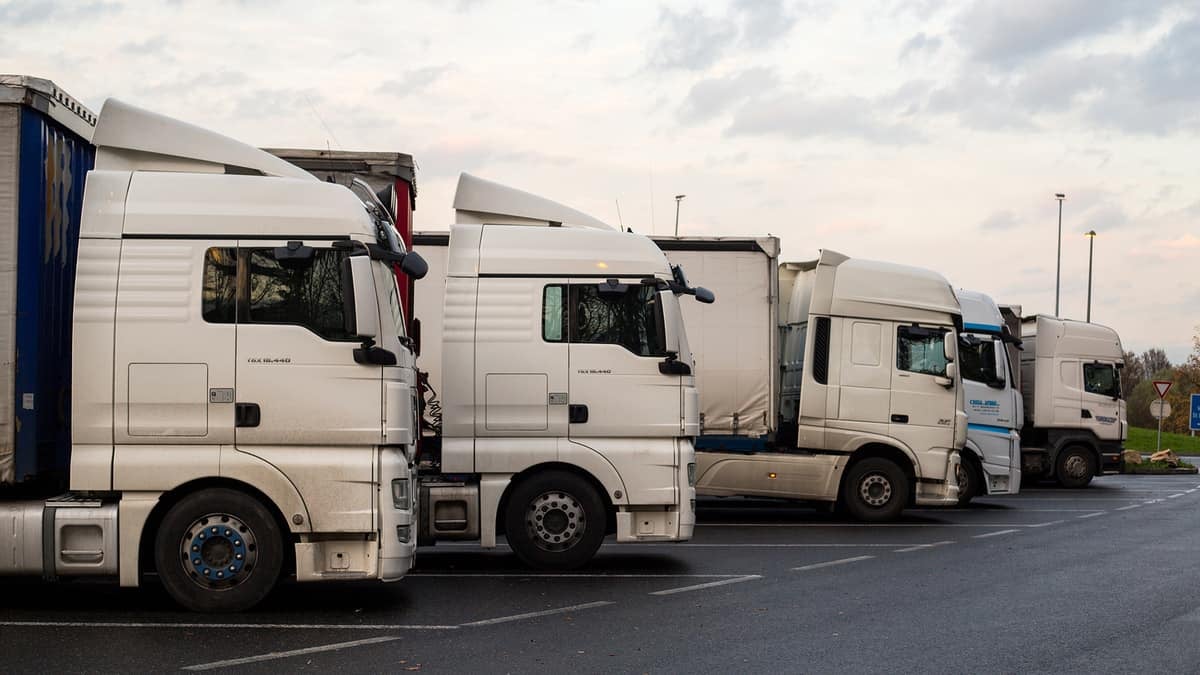
The global supply chain has been rocked by COVID-related headwinds over the past two years. From production delays to overcrowded ports, moving goods today — especially when crossing borders — is more complicated and frustrating than at just about any other moment in modern history. For companies routinely moving products between the European Union and the United Kingdom, things are going to get even more complex come Jan. 1.
When the U.K. left the EU in early 2020, it also left the EU Customs Union. Since then, HMRC’s Staged Customs Controls (SCCs) have been in place, reducing the burden of customs formalities on companies importing goods into the U.K. from the EU throughout 2021.
In a lot of ways, these interactions were similar to those seen in the pre-Brexit freight world. The SCCs have enabled goods to flow freely into the UK without much bureaucracy throughout 2021. On Jan. 1, the transitory period will end, and full customs formalities will be phased in on goods moving into the UK from the EU.
When these changes take effect, customs declarations will need to be made, and customs clearance will need to be synchronized with goods as they move across the U.K. border. Currently, this step can be completed after goods cross over, and this seemingly minor change could add up to big challenges for the supply chain.
“As of January, if goods fail to be cleared in a timely manner, it’s going to lead to them being delayed at the border, which will cause supply chain problems,” said Chris Curtin, DDC FPO head of customs and logistics services. “It will lead to potential congestion at ports and then, inevitably, additional costs in terms of money, time, and resources to resolve these delays.”
Throughout 2022, the U.K. will also be phasing in sanitary and phytosanitary controls on certain goods from the EU, for example products of animal origin. Overall, the burden of importing and exporting goods between the U.K. and the EU will significantly increase.
When these customs formalities first roll-out, there will certainly be an adjustment period for everyone involved. Companies moving goods between the EU and the U.K. and those receiving them should expect extra frustrations initially. Beyond being patient, however, there are some steps companies can take to make the transition as smooth as possible.
First and foremost, companies should identify what goods they will likely be moving and ensure they have the correct commodity codes for those goods, according to Curtin. From there, they should understand any additional documentation — health certificates, import and export licenses, and declarations of origin — that will now be required for customs clearance.
Companies should also be aware that their goods may be subject to additional physical checks at the border after the new year. They should plan lead times accordingly and account for extra delays on the front end to avoid unpleasant surprises and stress at the border.
“There’s a patchwork pattern of readiness in the U.K. for the new customs controls coming in, Curtin said. “Some companies are as ready as they can be, but there is a significant degree of uncertainty around how things will operate at the border.”
According to Curtin, there are still last-minute preparations being made by the UK government, as well as by ports and carriers. This makes it impossible for any company to be completely prepared for 2022’s new reality, as processes are still subject to change.
The only thing for certain is that customs transactions between the EU and the U.K. will change drastically on Jan. 1, and companies across the supply chain will have to adapt their operations to accommodate those changes.
“You have really got to become interested in customs and logistics if you are moving goods between the U.K. and the EU,” Curtin said. “It all happened very smoothly before Brexit. It is not going to be as smooth now. You will have to become literate in customs terminology.”











